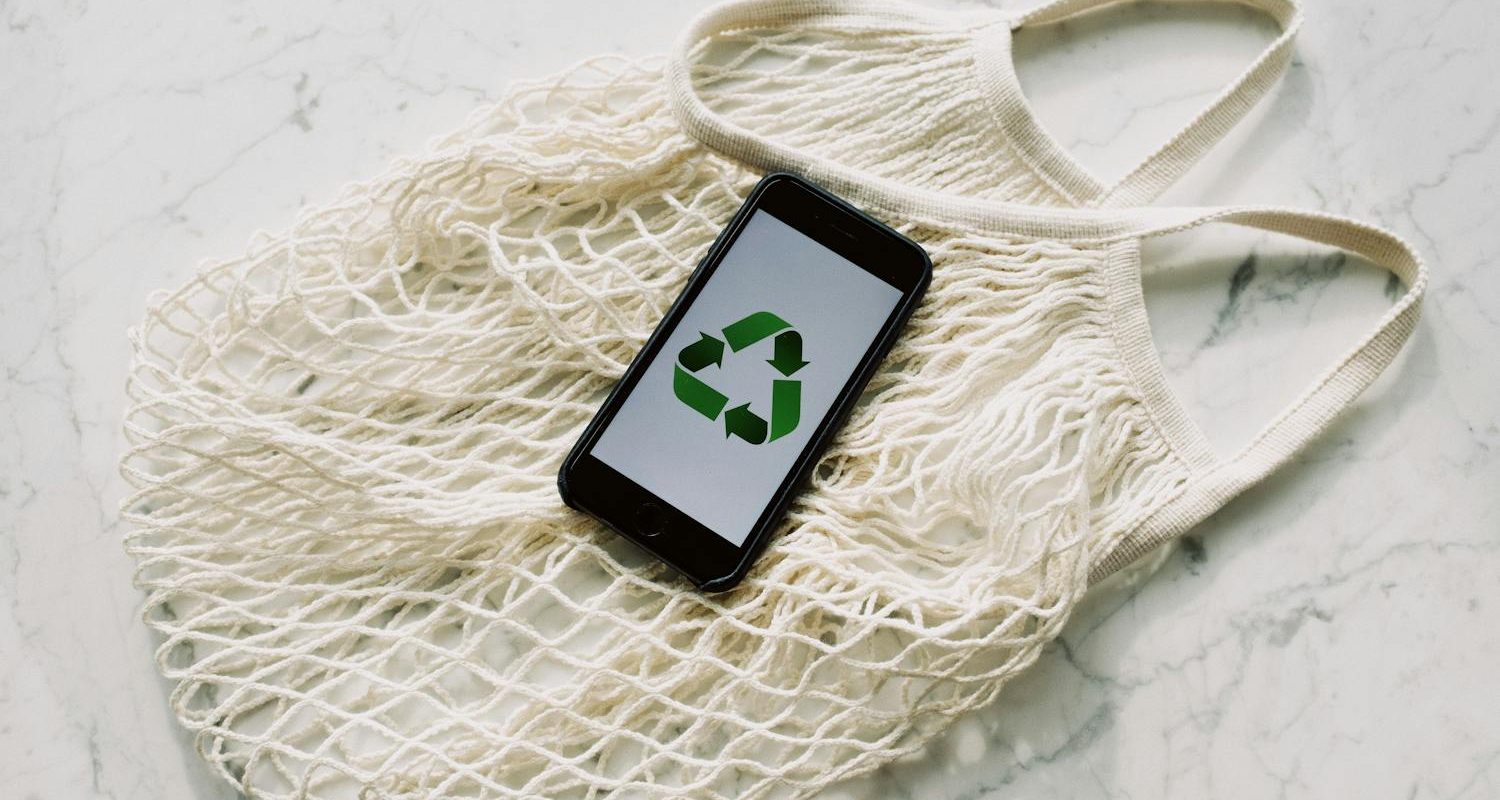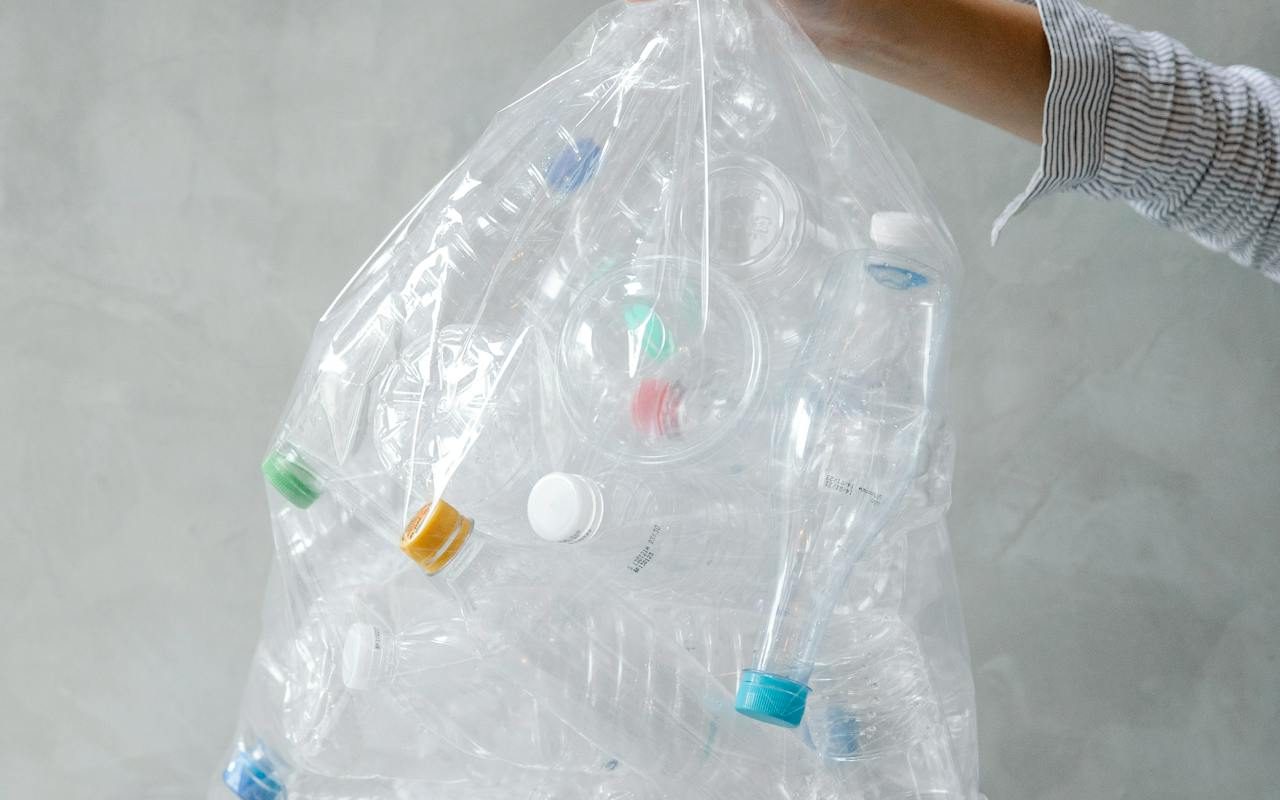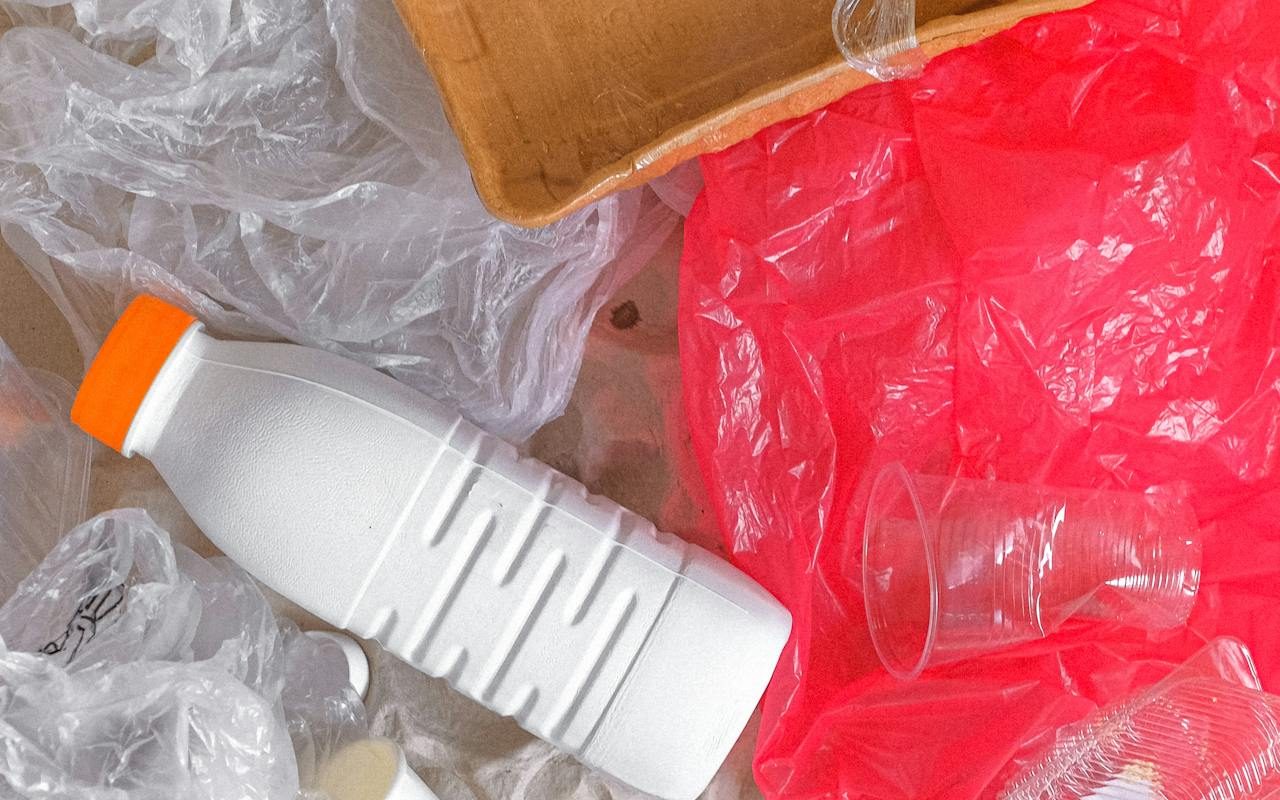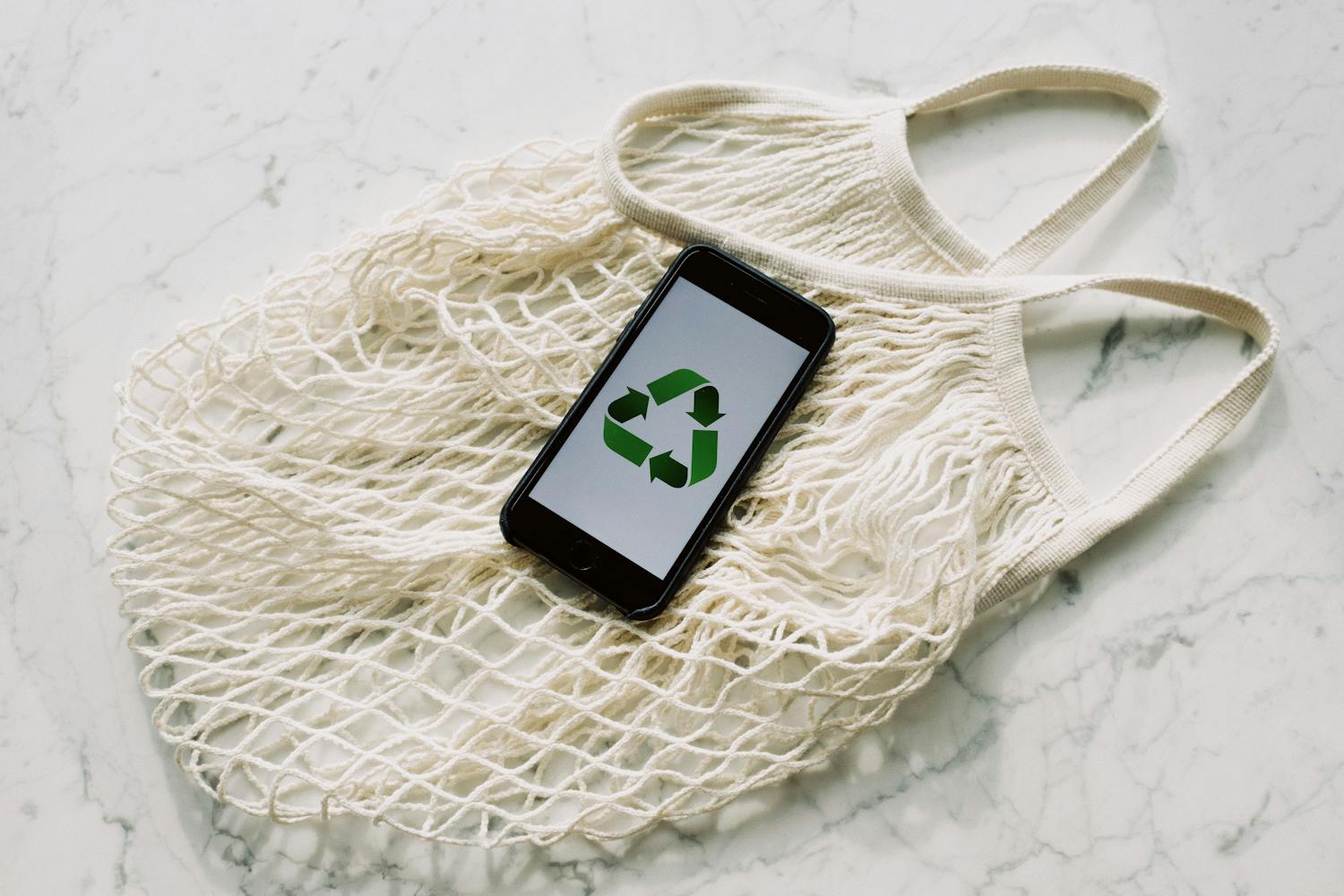Achieving Zero-Waste: The Milestones to Declare Yourself Waste-Free
In our modern world, where environmental sustainability is a top priority, achieving zero waste has gained significant momentum. Reducing waste and adopting a waste-free lifestyle have become goals for individuals and communities alike. But what does it mean to be waste-free, and what are the milestones to get there?

This article explores the path to becoming waste-free, highlighting the key milestones along the way. We delve into the importance of recycling, composting, and reusing, as well as the significance of mindful consumption and conscious packaging choices. From adopting sustainable habits in our daily lives to advocating for circular solutions on a larger scale, we delve into the actionable steps that can lead us to a waste-free existence.
Join us as we navigate through the journey of waste reduction and explore the milestones that pave the way to declaring yourself waste-free. Whether you’re a seasoned advocate or just starting your sustainability journey, this article provides valuable insights and practical tips for achieving a zero-waste lifestyle. Let’s contribute to a cleaner, greener future together.
The importance of reducing waste
Reducing waste is more than just a trendy buzzword. It is an essential step towards creating a sustainable future. Excessive waste production and disposal have severe consequences for our environment, including pollution, resource depletion, and habitat destruction. Reducing waste can minimize these negative impacts and protect our planet for future generations.

One key reason waste reduction is crucial is its contribution to climate change. The production and disposal of waste generate significant greenhouse gas emissions, primarily in the form of methane. Methane is a potent greenhouse gas, with a warming potential 25 times greater than carbon dioxide over 100 years. By reducing waste, we can mitigate the release of methane and help combat climate change.
Another important aspect of waste reduction is the preservation of natural resources. Many products we consume require the extraction of finite resources, such as minerals and fossil fuels. By reducing waste, we can minimize the demand for these resources, leading to less extraction and more sustainable use of our planet’s finite resources.
Understanding the zero-waste lifestyle
The zero-waste lifestyle is a mindset and a set of practices that aim to eliminate waste generation. It goes beyond simply recycling and focuses on reducing waste at the source. The goal is to send nothing to landfill or incineration, instead opting for recycling, composting, reusing, and repurposing materials.

Adopting a zero-waste lifestyle requires a shift in mindset. It involves reevaluating our consumption habits, questioning the need for certain products, and seeking sustainable alternatives. It also embraces circular economy principles, where resources are kept in use for as long as possible, and waste is designed out of the system.
While achieving zero-waste may seem ambitious, it is essential to remember that it is a journey rather than a destination. Every small step towards waste reduction counts and contributes to a cleaner, greener future.
Steps to achieve zero-waste
Building a zero-waste lifestyle requires a series of actionable steps. While it may not be possible to achieve zero-waste overnight, incorporating these steps into your daily life can make a significant difference in reducing waste.
Building a zero-waste pantry
A significant amount of waste in our daily lives comes from the packaging of food and beverages. To reduce this waste, one of the first steps is to build a zero-waste pantry. This involves opting for bulk food options, where you can bring your own containers and fill them with the desired quantity of food. It also means avoiding single-use packaging and instead choosing products with minimal or compostable packaging.
Sustainable alternatives for everyday products
Another milestone in the journey towards zero-waste is adopting sustainable alternatives for everyday products. This includes switching to reusable alternatives for single-use items such as plastic bags, straws, and water bottles. Investing in durable, long-lasting products not only reduces waste but also saves money in the long run.
Additionally, exploring eco-friendly alternatives for personal care and cleaning products is essential. Many conventional products contain harmful chemicals and come in non-recyclable packaging. By opting for natural, biodegradable products with minimal packaging, you can significantly reduce waste and minimize your environmental footprint.
Composting and recycling techniques
Composting and recycling are vital components of the zero-waste lifestyle. Composting allows organic waste, such as food scraps and yard trimmings, to be transformed into nutrient-rich soil amendment. This reduces the amount of waste sent to landfill and also provides a valuable resource for gardening and agriculture.
Recycling, on the other hand, ensures that materials are diverted from the waste stream and transformed into new products. It is important to understand the recycling guidelines in your area and properly sort recyclable materials to maximize their potential for reuse. Additionally, exploring recycling options for materials that are not accepted in curbside recycling programs, such as electronics and hazardous waste, is crucial.
Challenges and obstacles in going zero-waste
While the journey towards zero-waste is fulfilling and rewarding, it has challenges. One of the main obstacles is the lack of infrastructure and accessibility to zero-waste options. Not all communities have access to bulk stores or composting facilities, reducing waste more challenging.
Another challenge is the prevalence of single-use and disposable products in our society.

From fast food packaging to single-serving convenience items, these products have become deeply ingrained in our culture. Overcoming their convenience and allure requires a shift in mindset and a commitment to sustainable alternatives.
Furthermore, the pressure of societal norms and expectations can sometimes make it difficult to maintain a zero-waste lifestyle. It is important to remember that progress, not perfection, is the key. Every effort towards waste reduction is a step in the right direction, and it is okay to make mistakes and learn along the way.
Celebrating milestones on your zero-waste journey
As you embark on your zero-waste journey, it is important to celebrate milestones along the way. Whether you successfully reduce your waste output by a certain percentage or find a creative way to repurpose an item, acknowledging and celebrating these achievements can help keep you motivated and inspired.

You can also connect with like-minded individuals and communities passionate about waste reduction. Joining online forums, attending sustainability events, or participating in local zero-waste initiatives can provide support and a sense of community. Sharing your successes and challenges with others can be both empowering and educational.
Conclusion: Embracing a waste-free future
In conclusion, achieving zero-waste is an ongoing process that requires commitment, mindfulness, and a shift in mindset. By reducing waste, recycling, composting, and adopting sustainable habits, we can work towards a waste-free future. Although it may seem daunting at times, every small step counts and contributes to a cleaner, greener planet.
To deepen your understanding, explore the EPA’s guide on recycling to see how it plays a crucial role in waste reduction. Learn about innovative composting techniques from Composting Council, which promotes the adoption and advancement of composting. Additionally, for practical tips on adopting sustainable habits, visit Earth911 for resources on reusing and waste reduction.
So, let’s embrace the milestones on our zero-waste journey and declare ourselves waste-free. Together, we can create a world where waste is minimized, resources are conserved, and our planet thrives for generations. If you’re looking to start your sustainability journey, don’t miss our comprehensive guide on Zero Waste Living: A Practical Guide to Getting Started.
For more information on creating sustainable homes and gardens, consider reading Green Living: Creating a Sustainable Oasis for Your Home and Garden.
Let’s contribute to a cleaner, greener future together.
Visit our Home Page for more insights and resources on sustainable living.

